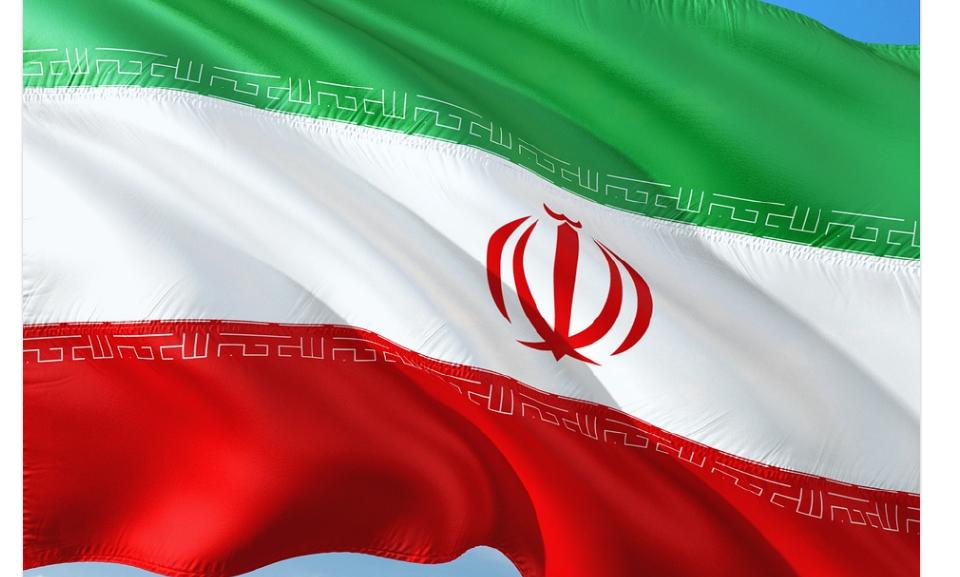The "pantry" this time is Austria, where the Federal Office for the Protection of the Constitution and Counter-Terrorism published its new report in January. In it, he warns the country's leaders that Austria has become a "spy haven" for Iranian, Russian, Turkish and Chinese secret services.
The JerusalemPost quotes from the report: "Over the years, the network of Iranian secret services has spread in Austria (also). The Ministry of Information (MOIS) is responsible for civilian domestic and foreign surveillance. The military, domestic and foreign intelligence services belong to the Islamic Revolutionary Guard Corps of Iran and are known as IRCG-IO. The military special unit Quds Force, which specializes in obtaining intelligence information in addition to extraterritorial military operations, also plays a significant role.
The IRCG was classified as a foreign terrorist organization by the United States in 2019, and in January the European Parliament also voted for the still non-binding resolution that also regards it as a terrorist organization.
In this regard, the EU's top diplomat, Josep Borrell, said that the EU needs a court ruling stating that the IRGC is engaged in terrorist activities before the 125,000-strong military force can be banned as a terrorist organization in the EU.
According to the Austrian intelligence report, cyber espionage in Austria is largely carried out by Russia, China and Iran. According to the document, foreign intelligence services find it "attractive" to operate on Austrian territory because "the risk of punishment is very low" and "Austrian intelligence services, unlike other European services, have very weak intelligence powers."
According to the report, Austria is a hotbed of espionage because of its "good geopolitical position" and economic power, and is also home to many international organizations. The Austrian Chamber of Commerce reported on its website that "in the first half of 2022, Austria exported 98.1 million euros worth of goods to Iran, an increase of +113.1 percent compared to the same period of the previous year."
In Austria, espionage takes place under the guise of diplomacy in foreign embassies and consulates. Foreign spies "also operate in clubs, cultural centers, press agencies, airlines or other business locations"
Austrian secret service officials wrote.
The country is also an important location for the Turkish MIT intelligence service, as the number of people of "Turkish origin" is extremely high.
"Turkish intelligence services are primarily focused on regime critics and opponents, as well as clearing the Gülen movement and the PKK, as they are classified by the Turkish government as extremists or terrorists"
says the announcement.
According to the report, the purpose of the Chinese espionage operation is to gather information about the "military capabilities of foreign military forces" and to acquire "military-related scientific and technological information."
According to the Austrian report, Russian intelligence has been operating in Austria "at an unchanged high intensity for some time". The purpose of the espionage operations is to recruit employees loyal to Russia to institutions of paramount importance to the Russian Federation.
According to a 2019 article in the newspaper, Iranian agents were also the most active spies in the Federal Republic of Germany between 2007 and 2017. That year, a Berlin court sentenced Mustufa Haidar Syed-Naqfi, a 31-year-old Pakistani national who worked for Iran's intelligence service and who "spyed against Germany and another NATO member" to four years and three months in prison.
According to German prosecutors, Haidar Syed-Naqfi was assigned to identify Israeli and Jewish institutions and Israel advocates in Germany, France and other unnamed Western European countries. He also monitored the Berlin headquarters of a German-Jewish newspaper and Reinhold Robbe, the former head of the German-Israeli Friendship Society.
He received thousands of euros from the above-mentioned Iranian Quds Force for his activities - until he failed.
Image: Pixabay













